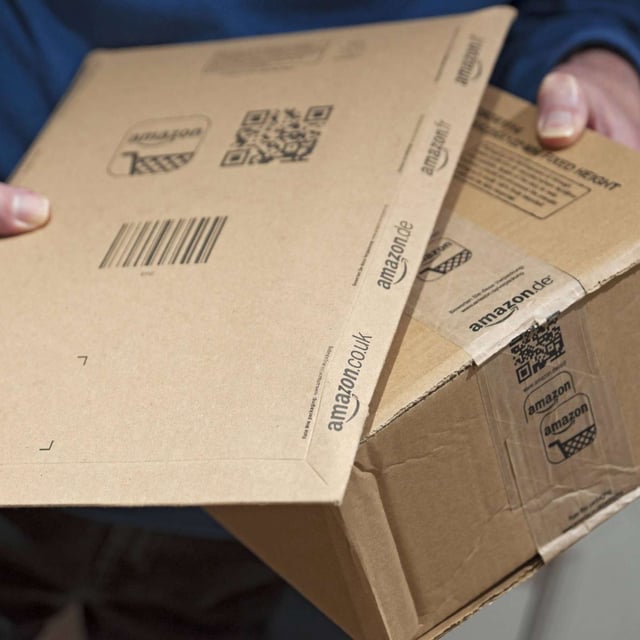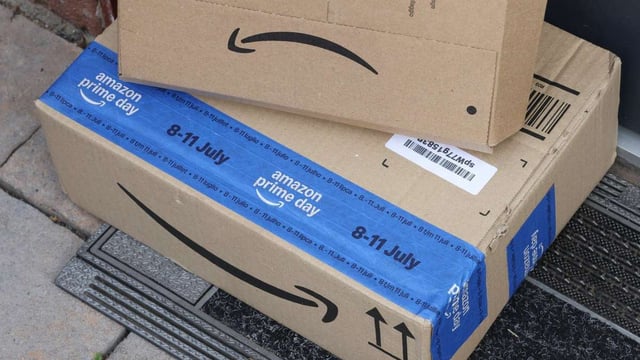Overview
- The brushing scam sees fraudsters using stolen address lists to ship free goods to real customers so fake profiles can leave positive reviews.
- Recipients face no direct charges and may keep the items but should treat the deliveries as evidence of personal data theft.
- Amazon has confirmed it is actively dismantling the fake seller accounts behind the unsolicited shipments.
- Security experts urge customers to photograph unexpected deliveries, enable two-factor authentication and change all passwords.
- The rapid rise of brushing highlights broader risks to e-commerce review integrity and underscores the need for stronger data privacy safeguards.


